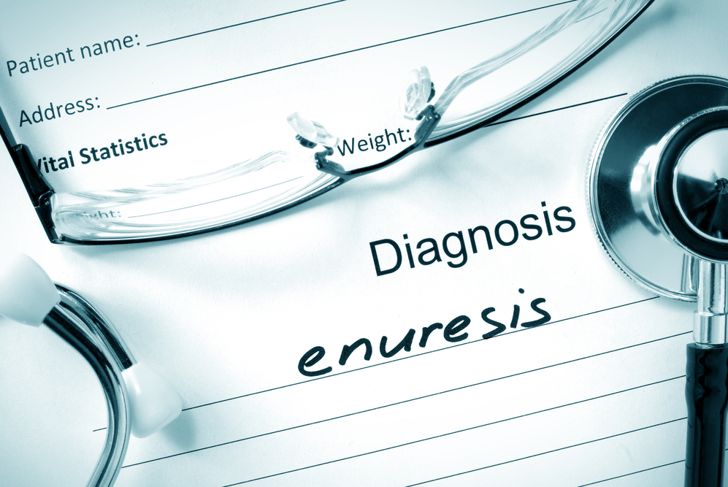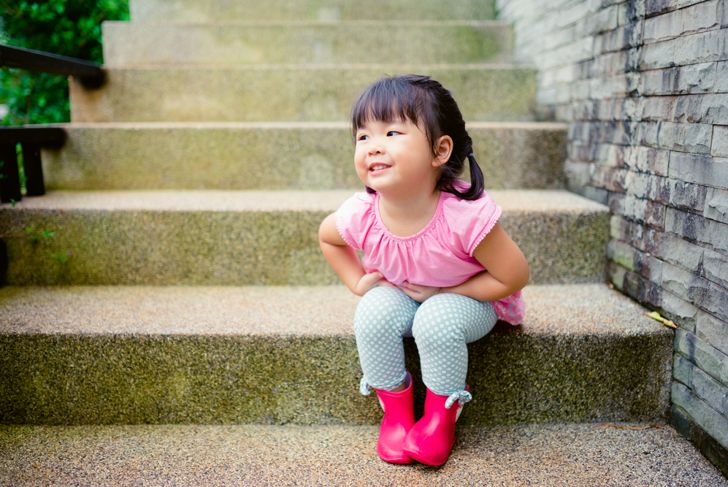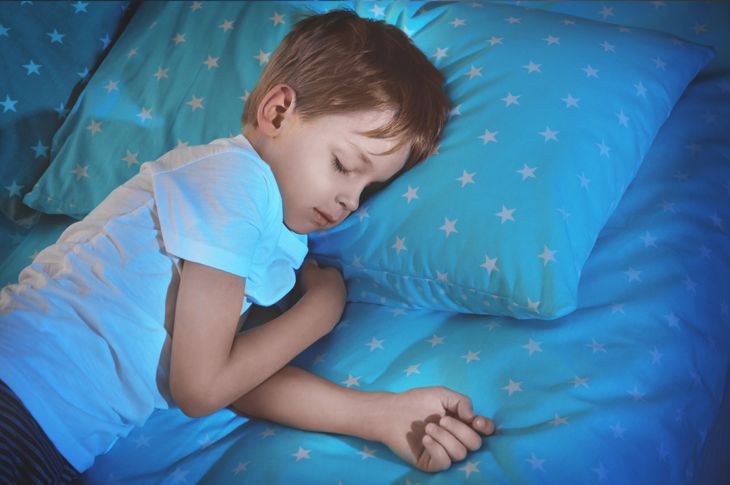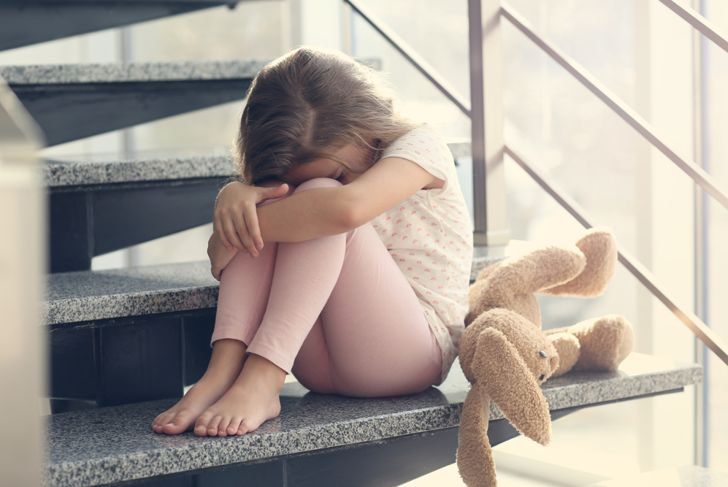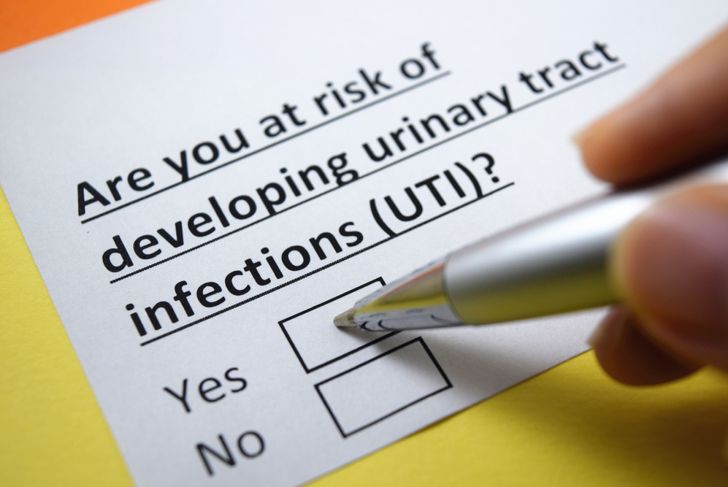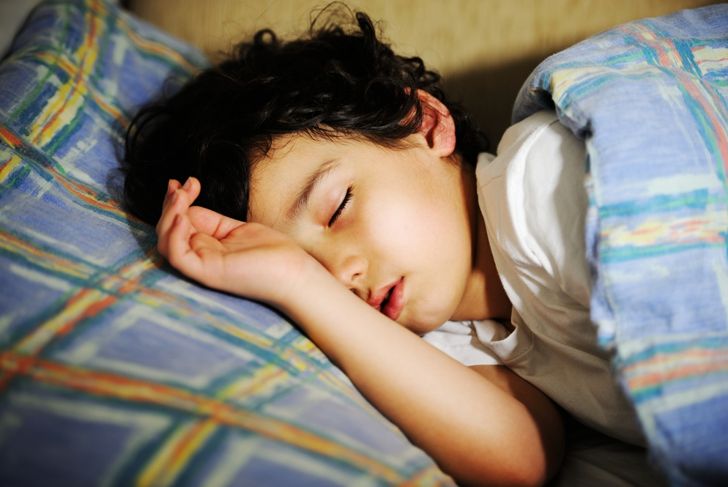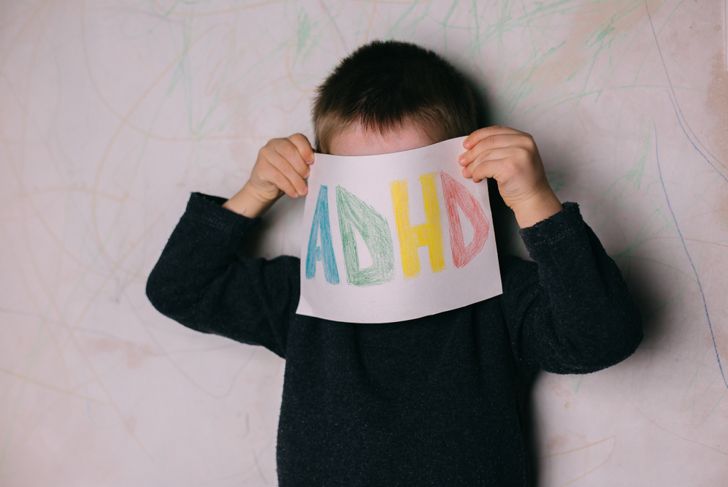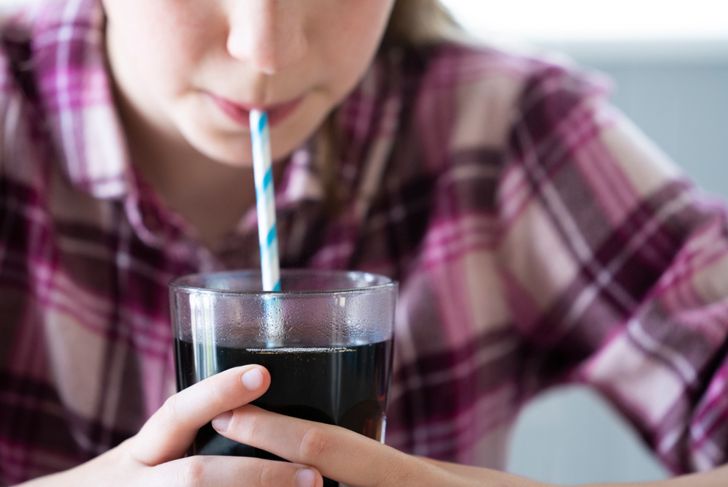Enuresis is a loss of bladder control. Doctors typically only use this term once a person is old enough to properly control his or her bladder, usually after the age of three. Enuresis has many other names as well, including “urinary incontinence” and “bed-wetting.” Though enuresis can be a frustrating condition, it is often beyond the individual’s control. Luckily, there are many treatment options available to reduce or alleviate the issue.
Classification
Depending on how a person loses control of their bladder, doctors can assign a classification that allows them to treat it more accurately. Physicians generally recognize four types of enuresis: nighttime or nocturnal enuresis occurs at night. Most people call this type “bedwetting,” and it is the most common. Daytime or diurnal enuresis occurs during the day and primary enuresis occurs when a child has not completed toilet training. Finally, secondary enuresis occurs when a person has a period of dryness but returns to wetting. Interestingly, males are more likely to have nocturnal enuresis, while females are more likely to experience diurnal enuresis.
Signs and Characteristics
Enuresis has a single characteristic symptom: loss of bladder control. However, this loss of control can develop in many ways and has various causes. Often, bladder dysfunction accompanies enuresis, the signs of which include
An overwhelming urge to urinate, frequent urination, and urinary tract infections.
Incontinence that occurs under abdominal pressure, such as coughing.
Delaying urination in certain situations, such as avoiding public toilets.
Incontinence that occurs while laughing.
Physical Development
One of the reasons for both nocturnal and diurnal enuresis is slower physical development. Between the ages of five and ten, a child may have a smaller bladder and longer sleeping times than other children his or her age. This, in combination with the underdevelopment of the body’s natural alarms that signal a full bladder, usually leads to wetting. In most cases, this resolves itself as the child develops further.
Anxiety
Enuresis is one of the many conditions that can occur when a person is feeling anxious. Experts suggest that children who frequently experience anxiety-causing events while toilet training may have incontinence before achieving bladder control. This may also slow their toilet training. Meanwhile, if these events occur after age four, secondary enuresis may develop, even in adulthood. Anxiety-causing events may include angry guardians, unfamiliar social situations, the death of a loved one, or family events such as the birth of a sibling.
Infrequent Voiding
Many people are uncomfortable with urinating in certain situations. Infrequent voiding occurs when a person voluntarily holds their urine for a long period. This is particularly common in those who wish to avoid using public toilets or in children who wish to keep playing. Unlike other types of enuresis, the individual chooses to ignore the signals that their bladder is full. This leads to the bladder overfilling and eventually leaking. People who frequently allow their bladder to overfill are more likely to develop urinary tract infections, which can lead to other forms of enuresis.
Overactive Bladder
Some people have more active bladders than others. They may need to urinate more often, and they may suddenly leak urine. This is particularly common in women. Muscles surround the urethra and keep the passage closed, which helps prevent unwanted urination. However, an overactive bladder may contract without warning, pushing the urine out. This can happen even when there is very little urine in the bladder. Urinary tract infections are usually responsible for overactive bladders.
Hormone Issues
Enuresis can be caused by something as simple as too much urine. Normally, the body produces a hormone that slows the creation of urine during certain periods, such as sleeping. The body produces more of these antidiuretic hormones (ADH) at night to reduce the urge to urinate. However, if the body fails to create enough ADH, the bladder will fill. Some people sleep deeper than others, and some children may not yet have the proper urine alarm signal. This leads to bedwetting and potentially diurnal enuresis if a person does not urinate while sleeping or shortly after waking up.
Other Conditions
Many other medical conditions may cause or contribute to enuresis. These do not necessarily affect the bladder, though many do. The condition may make a person ignore their urine alarm signals, inhibit those signals, or cause the individual to avoid urinating. Such conditions include ADHD, constipation, diabetes, obstructive sleep apnea, and urinary tract infections. Some females experience vaginal voiding. While urinating, various factors can cause some urine to become trapped in the vagina. Eventually, the urine leaks out, similar to incontinence.
Other Factors
Beyond medical conditions, many outside influences may lead to enuresis. For example, caffeine is a diuretic. People who already experience some bladder issues may find that drinks like coffee cause incontinence. In some cases, overly strict toilet training can cause enuresis. A child may not feel comfortable relaxing their sphincter and pelvic floor enough to fully release their urine. Retaining urine eventually leads to urinary tract infections, which can then lead to enuresis.
Treatment
Doctors can use a variety of treatment methods for each type of enuresis. Following a diagnostic process to confirm the classification and other factors, a general practitioner may refer a patient to a urologist for extra advice. Treatment usually involves reinforcement of good urination habits. It may also include behavior modification to help those who voluntarily stop themselves from urinating. Medications can address underlying medical issues or help people with overactive bladders.

 Home
Home Health
Health Diet & Nutrition
Diet & Nutrition Living Well
Living Well More
More